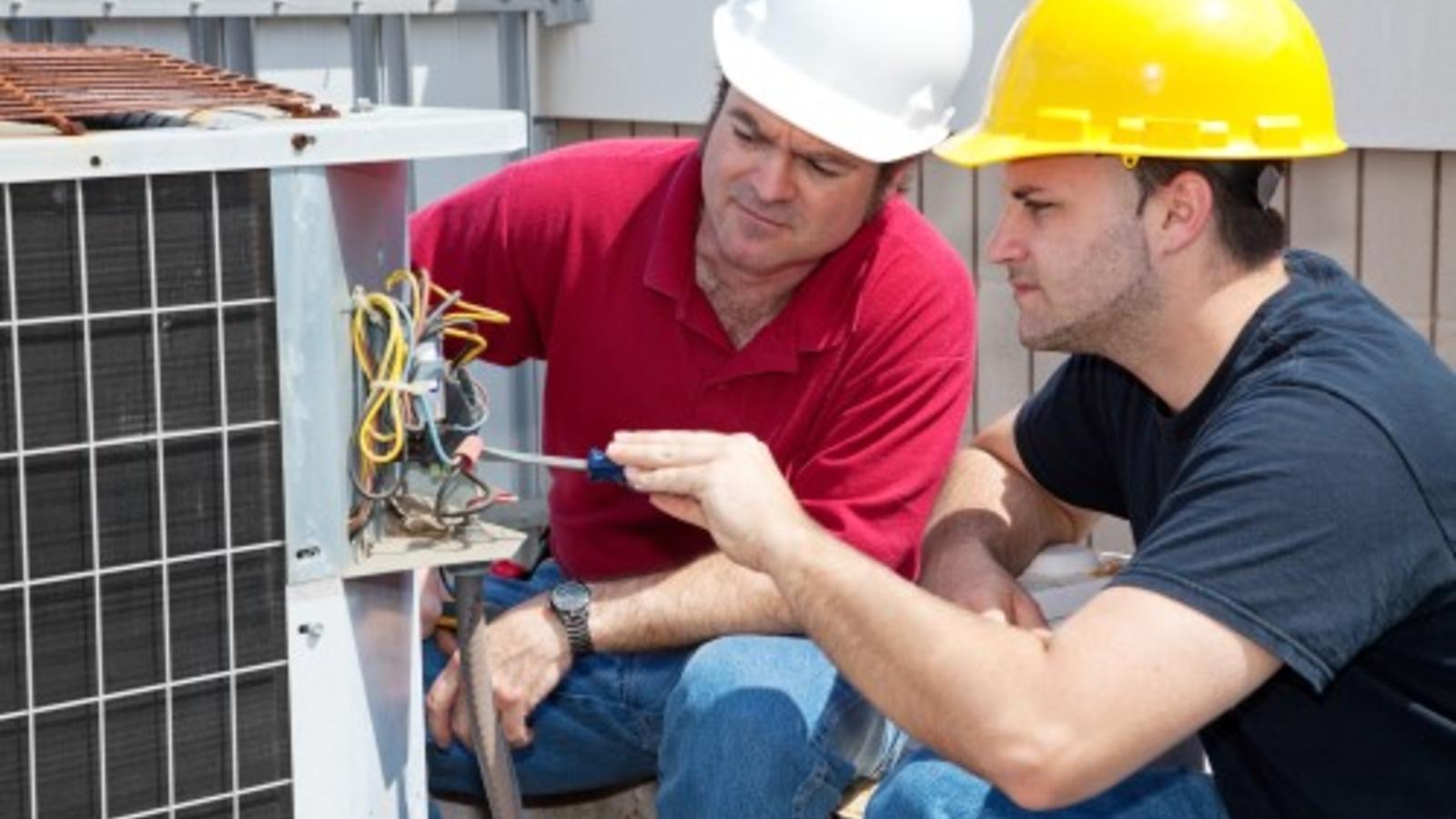
A roofing contractor has a unique opportunity to find new customers. This strategy has several benefits. It can help you achieve higher conversion rates as well as better Map Pack rankings. In addition to helping you get more exposure and leads, reviews help build your online reputation and establish trust with your target market.
Written estimates
You should always receive written estimates when hiring a roofing contractor for work on your house. This will allow you to determine the scope of work required. A written estimate can help you avoid getting sticker shock when the contractor begins work on your roof. You don't want to get stuck with an astronomical bill after the job is completed.

It should include all details about the work and materials. The estimate should detail the type of roofing material, underlayment, nail sizes, and fastener types. It should also list the locations of flashing. Remember that not all contractors are the best. They may quote you only on the shingles, and neglect other details.
Scammers
There are many scammers out there when searching for a roofing contractor. These are the top red flags you should be looking for before hiring anyone. Contractors who want your money before they get started are one example. These scammers will often try to con homeowners by using deceptive techniques. They may use false testimonials and promise to get your money before they have even started.
Fake hailstones or shingles to cause damage are another red flag. It will help make their claims seem more credible. You will also pay more if you have to repair your roof. In addition, a scammer may try to persuade unsuspecting customers not to file insurance claims, or pay a low price to get the job done. The scammer can then steal your money before fleeing.
Scammers may attempt to take control over your insurance claim
Scammers are using a loophole found in insurance policies to defraud homeowners of thousands of dollars. These fraudsters are convincing homeowners to sign a contract granting them the power to manage their insurance claim. Then they raise the price and leave homeowners in financial limbo.

Scammers can also go door-to-door to scam homeowners. They pretend to be roofing contractors and make the claims seem more genuine. Some will even pretend that they are roofing contractors and rip off shingles. The work may leave you without roofing and could lead to higher costs in the end. Often, scammers are very persuasive, convincing unsuspecting homeowners to sign papers not to file insurance claims or to pay 'cheap' prices for their services.
FAQ
Where can I get more information on building permits?
Contact your local government agency (e.g., NSW Local Government Association) for more information. These authorities should be able advise you on the steps to take in order to get permission to build.
Are there additional considerations I need to make?
Yes. Please check your local laws for details about what projects you are allowed to do and the conditions that you need. You may need to obtain approval from the local council before you can build in some states. Other states say that you only need to notify them of your plans. Check with your local authorities to see where they stand on the issue.
Is a guarantee a service contract?
A service contract does not constitute a warranty. It is an agreement between 2 parties to exchange goods. In this case, the customer agrees to pay the cost of repair or replacement if the product does not perform satisfactorily. This type contract is also known to be called a maintenance agreement.
When do I have to pay for the service/contractor?
The type of service provided will determine the payment schedule. For example, if you hire a contractor to install a new roof, you would typically make payments as soon as the work was completed. You might pay only after you receive and test the product if it is a product purchased from a supplier like a kitchen range cooker.
Do I need to sign anything before I start work?
Yes, your SCA must be signed by both parties. This means that one party cannot change their mind without the consent of another.
Statistics
- (d) Contractor disputes related to compliance with its obligation shall be handled according to the rules, regulations, and relevant orders of the Secretary of Labor (see 41 CFR60-1.1). (acquisition.gov)
- (v) Place or places of performance of the prime contract and first-tier subcontracts estimated at $10 million or more, if known. (acquisition.gov)
- (1) Except as provided in paragraphs (a)(4) and (a)(8) of this section, if the estimated amount of the contract or subcontract is $10 million or more, the contracting officer shall request clearance from the appropriate OFCCP regional office before- (acquisition.gov)
- Don't take their anger personally, they are mad about the situation 99% of the time. (activatemylicense.com)
- (ii) Name, address, and telephone number of each proposed first-tier subcontractor with a proposed subcontract estimated at $10 million or more. (acquisition.gov)
External Links
How To
What should a service contract include?
Every business relationship should have a Service Agreement (SA). It outlines what you expect from each other and how you will achieve this. The SA also specifies when and where you expect each party to fulfill its contractual obligations.
The key elements of a successful SA are:
-
The scope of work and services required by both parties.
-
Payment terms details, including start date and expiration dates for goods/services.
-
The project price must be agreed.
-
Additional charges such as VAT and other fees may apply.
-
If there are any other issues that need to be addressed.
-
Who is responsible if the job goes wrong?
-
How disputes will be settled
-
What happens to a contract breached by one party?
-
What happens in case of dispute.
-
When does this contract go into effect
-
What happens if a party doesn't perform.
-
What time do you need to pay your invoices?
-
Who pays for things such as travel expenses?
-
Where the money comes from.
-
What happens when the client has a change of mind?
-
What happens to the supplier if they don't show up.
-
Who is allowed to access the site during construction
-
What happens if the customer cancels?
-
What happens if the product malfunctions?
-
What happens when the manufacturer refuses supply?
-
What happens if the equipment breaks down.
-
What happens if the project takes longer than expected.
-
What happens if the work isn't completed within the agreed timescale?
-
What happens when the project's quality falls below what you expected?
-
What happens to the cost overruns?
-
What happens if you don't receive your materials on time?
-
What happens when the material arrives damaged.
-
What happens if the products aren't up to standard?
-
What happens if the job is canceled before completion.
-
What happens to the company if it goes bust?